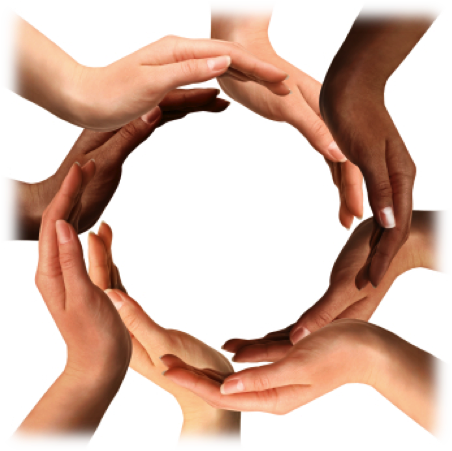Over the past few weeks, there has been a change in the media focus, from the COVID-19 pandemic to a more deep-seated problem, regarding Prejudice and Race.

Over the past few weeks, there has been a change in the media focus, from the COVID-19 pandemic to a more deep-seated problem, regarding Prejudice and Race.

The current trends on international/national news and social media started with the death of African American man, George Floyd and have brought about ‘Black Lives Matter’ protests across the world. But perhaps more importantly than this, they have led to conversations. I am saddened that it has taken until now to get this conversation started, but I am glad that we are here.
Over the past two weeks I have been reading, watching and researching in an attempt to educate myself further about these matters. I will be the first to admit that I will still make mistakes, but I am trying. I am confident in saying that racial divide and white prejudice is not just a US problem, but an Australian problem.
For this to change we need to work together, to educate and speak out. It is never too early to start these conversations and for a multitude of reasons adolescents is an optimal time. Teenagers are experimenting, soaking in information, and working out their identities. Part of this sees an increase in their awareness of the social status and group memberships and often teens have either learnt (from home or society) to put people down because of difference, or to embrace it.
So how do you talk to your children about race?
1. Educate yourself
2. Think about everyday opportunities to have conversations
3. Most importantly become an advocate and a model
Here at Marist, we continue to live out our values of Hospitality, Respect, Responsibility, Compassion and Justice. It is our responsibility to foster inclusion and anti-racism practices in our school community. We hope that by working in partnership to have these conversations and embrace the teachable moments, we can begin to create a ripple effect of change.
Nicole Young
School Psychologist